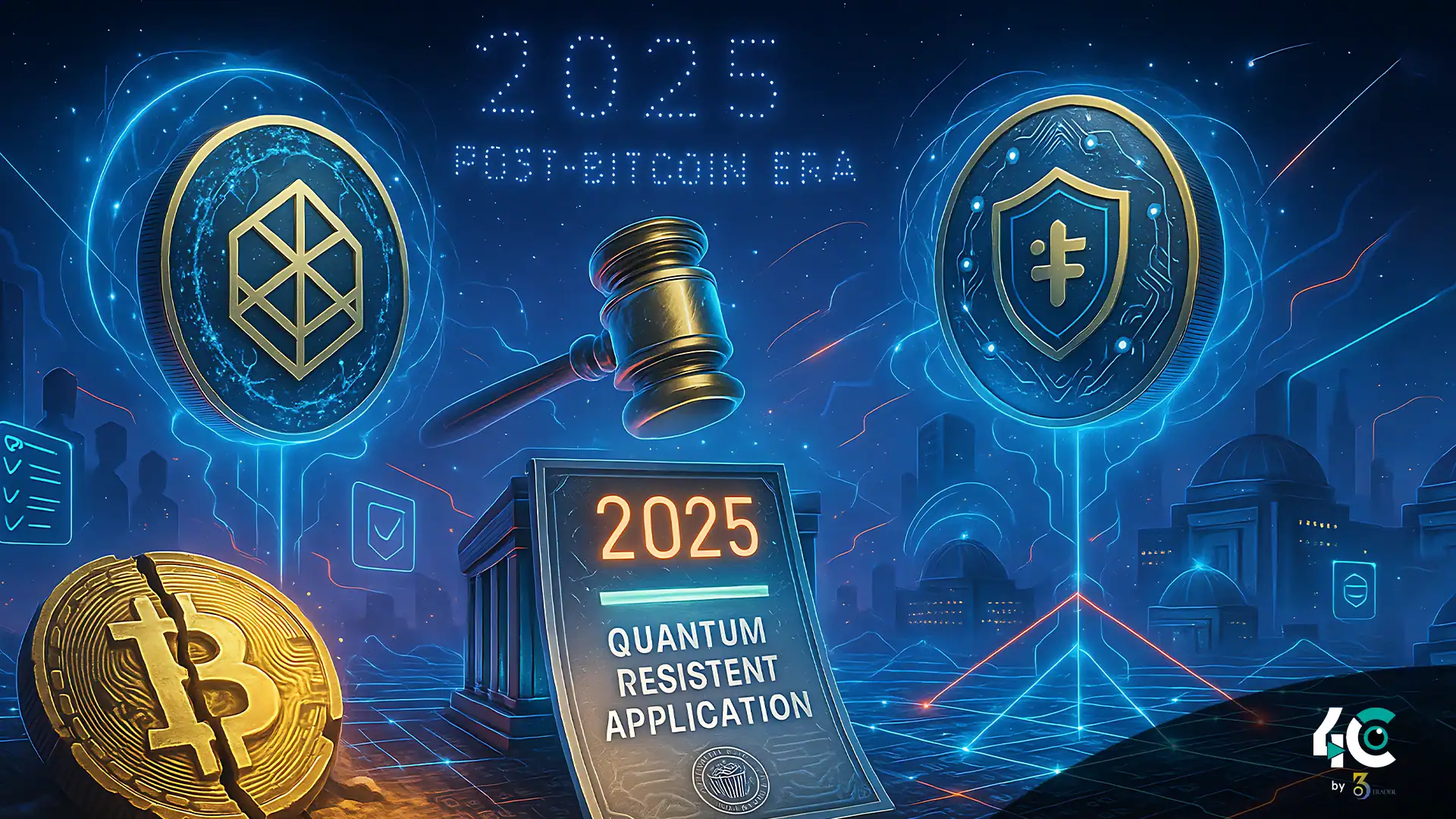The Quantum Threat to Blockchain
Tech giants like Google and IBM have recently announced breakthroughs in quantum computing. These developments have triggered alarms about the long-term security of popular blockchains, especially Bitcoin.
In fact, leading researchers now estimate that within the next 10 to 15 years, quantum machines may be able to crack Bitcoin’s encryption algorithms, rendering the network vulnerable to mass exploitation.
How Quantum Computing Could Break Bitcoin
Bitcoin relies on the Elliptic Curve Digital Signature Algorithm (ECDSA) to generate and protect user wallets. However, experts predict that quantum computers will be able to reverse engineer these public keys into private keys in mere minutes—a catastrophic failure of current cryptography standards.
Additionally, proof-of-work (PoW), which secures the Bitcoin blockchain through competitive hashing, may also become susceptible. Quantum machines would be able to outpace traditional miners, manipulating block production and consensus.
Silent Transactions on Clone Chains
Once ECDSA is broken, attackers could craft unauthorized transactions using harvested keys. They could potentially deploy look-alike blockchains that execute these fraudulent transactions, while users remain completely unaware.
These vulnerabilities highlight the urgent need for quantum-resistant cryptography and structural changes in blockchain architecture.
Bitcoin’s Upgrade Timeline: Too Little, Too Late?
The Bitcoin development community is actively exploring post-quantum solutions, but given the decentralized nature of upgrades, implementation could take years. Discussions and Bitcoin Improvement Proposals (BIPs) are already surfacing, but no clear roadmap has been finalized.
Conclusion
Quantum computing will redefine the future of blockchain security. While Bitcoin scrambles to prepare, a handful of quantum-resistant blockchains are already years ahead.
Whether the post-quantum era arrives in 2035 or sooner, forward-thinking projects will be the ones left standing. Investors and developers should take note now—the future of crypto might be quantum-native.



























